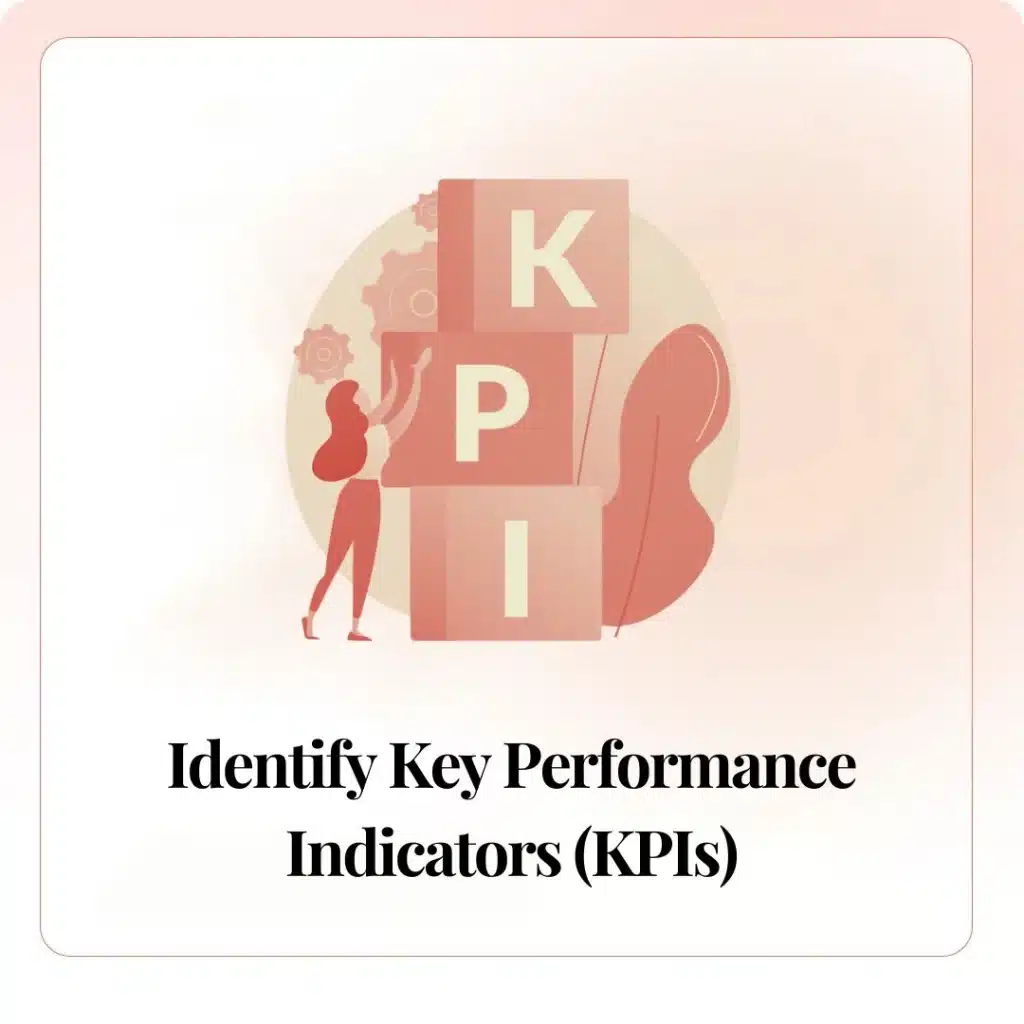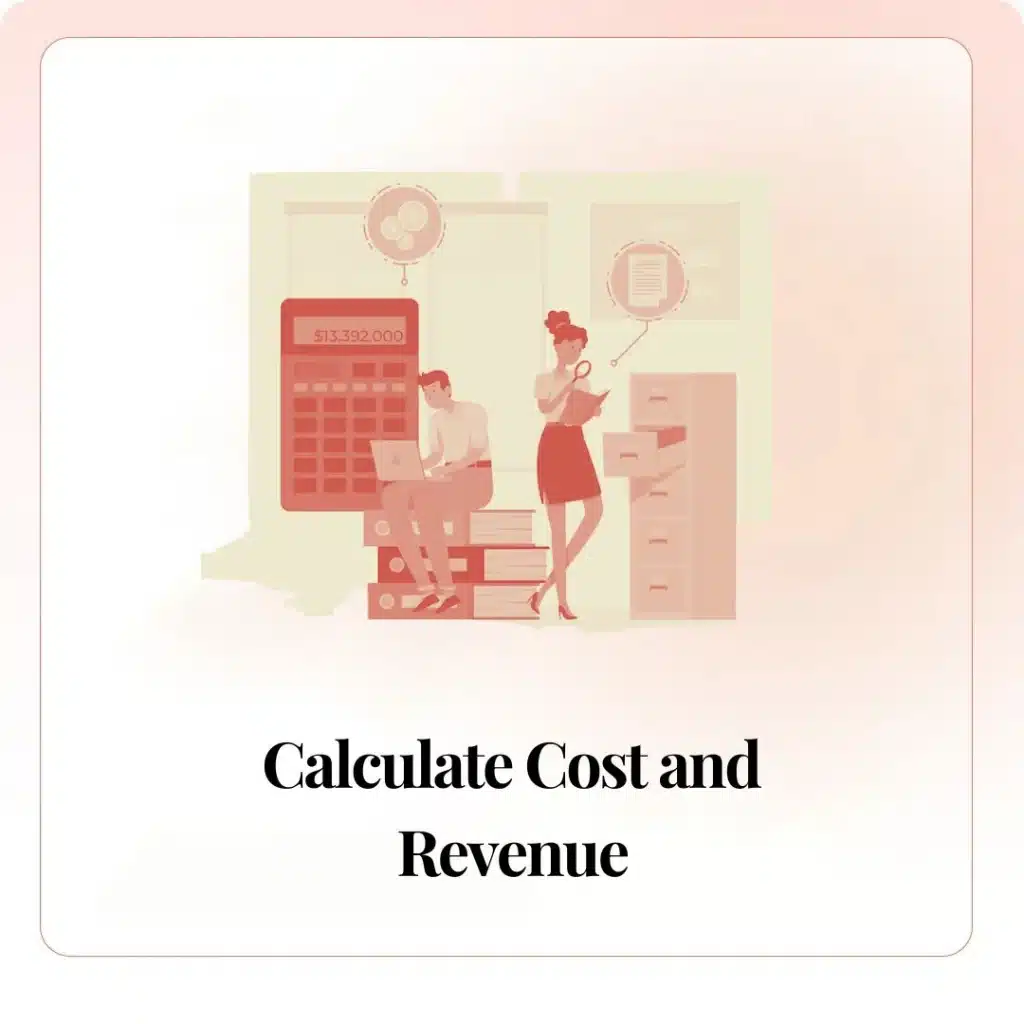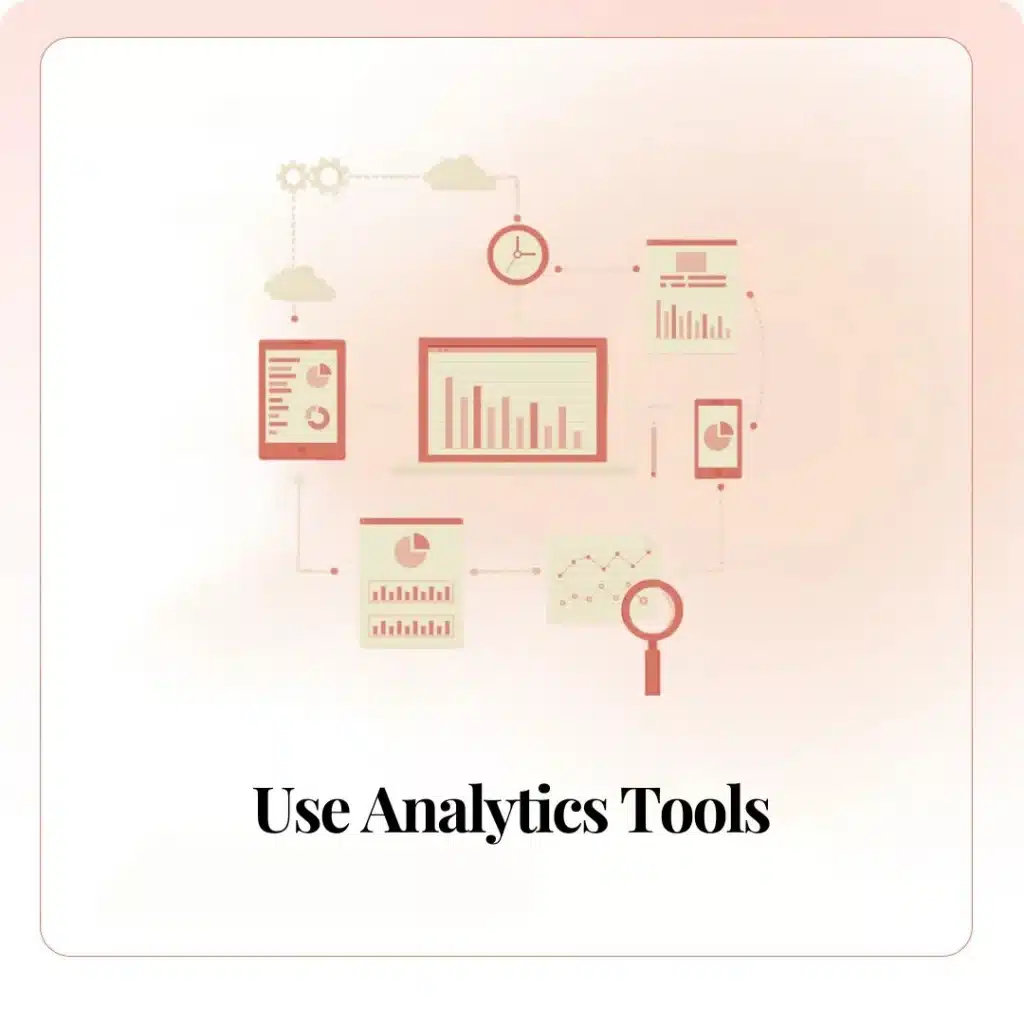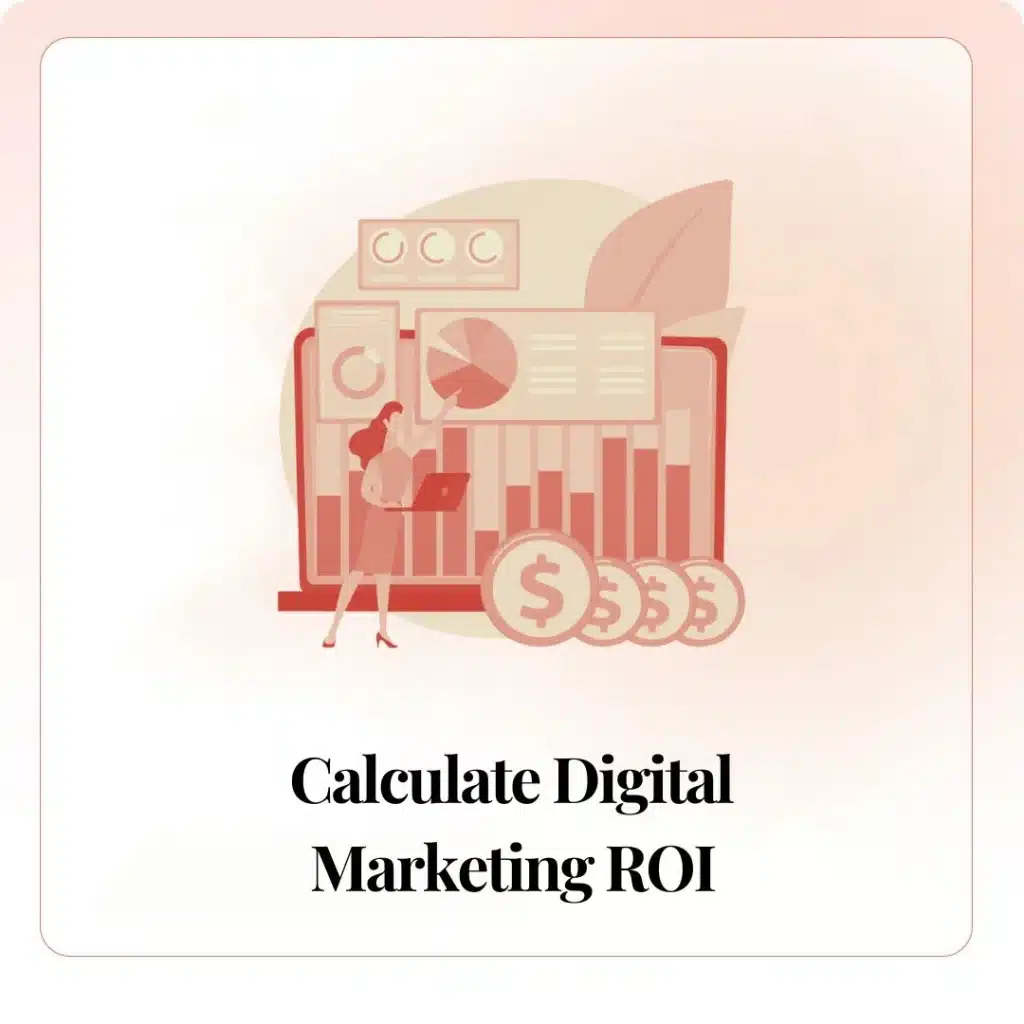In the digital age, businesses strive to harness the power of online marketing to enhance their brand awareness, engage with potential customers, and drive sales. However, measuring the Return on Investment (ROI) of digital marketing campaigns remains a challenging task for many marketers. Understanding how to calculate digital marketing ROI is crucial for optimizing marketing activities, improving strategies, and demonstrating the value of your efforts to stakeholders. In this comprehensive guide, we will explore various methods and tools to measure digital marketing ROI effectively.
1. Define Your Goals and Objectives
Before you can measure ROI, you need to establish clear goals and objectives for your digital marketing campaigns. These goals should be specific, measurable, attainable, relevant, and time-bound (SMART). Common digital marketing goals include:
- Increasing website traffic
- Generating leads
- Boosting sales
- Enhancing brand awareness
- Improving customer retention
Having well-defined goals will help you determine which metrics to track and how to calculate your ROI.

2. Identify Key Performance Indicators (KPIs)

Key Performance Indicators (KPIs) are the metrics that will help you measure the success of your digital marketing efforts. The KPIs you choose should align with your goals and provide actionable insights. Some common KPIs for digital marketing include:
- Website traffic
- Conversion rate
- Cost per lead (CPL)
- Customer acquisition cost (CAC)
- Customer lifetime value (CLV)
- Return on Ad Spend (ROAS)
- Social media engagement
- Email open and click-through rates
3. Calculate Cost and Revenue
To measure ROI, you need to know the total cost of your digital marketing efforts and the revenue generated from these efforts. The cost includes all expenses related to your campaigns, such as:
- Advertising spend (PPC, social media ads)
- Content creation (blog posts, infographics, videos)
- Marketing tools and software
- Salaries of marketing staff
- Freelancers or agency fees
Revenue can be more challenging to attribute directly to digital marketing activities, especially if you have a long sales funnel. However, using tools like Google Analytics, you can track conversions and sales attributed to your campaigns.

4. Use Analytics Tools

Analytics tools are essential for tracking and measuring your digital marketing performance. Some popular tools include:
- Google Analytics: Tracks website traffic, user behavior, and conversions.
- Google Ads: Measures the performance of your paid search campaigns.
- Social Media Analytics: Platforms like Facebook, Twitter, and LinkedIn provide insights into engagement and reach.
- Email Marketing Tools: Measure open rates, click-through rates, and conversions from email campaigns.
- CRM Systems: Track customer interactions and sales data.
These tools help you gather data, analyze performance, and calculate ROI.
5. Calculate Digital Marketing ROI
Calculating Digital Marketing ROI (Return on Investment) is crucial for assessing the effectiveness and profitability of your online marketing efforts. It involves measuring the revenue generated from digital marketing campaigns against the costs incurred to execute them. By tracking metrics such as conversions, sales revenue, customer acquisition costs, and lifetime value of customers, businesses can determine the success of their campaigns and make informed decisions for future strategies.
Calculating Digital Marketing ROI involves a straightforward formula:
ROI = (Revenue – Cost / Cost) * 100
This formula helps businesses measure the return on investment from their digital marketing campaigns. By comparing the revenue generated against the costs incurred, businesses can assess the profitability and effectiveness of their marketing efforts.
Here’s an example: if a digital marketing campaign costs $10,000 and generates $50,000 in revenue, the ROI calculation would be:
ROI = ((50,000 – 10,000) / 10,000) * 100 = 400%
This means for every dollar spent on the campaign, $4 in revenue was generated. Tracking ROI helps businesses gauge the profitability and efficiency of their digital marketing efforts, enabling them to optimize strategies for better outcomes.

6. Assess the Performance of Individual Channels

Digital marketing involves multiple channels, including search engines, social media, email marketing, and content marketing. Assessing the performance of individual channels will help you understand which ones provide the highest ROI and where to focus your efforts. For instance, you might find that your email marketing campaigns have a higher conversion rate compared to social media ads.
7. Leverage Marketing Automation
Marketing automation tools can help streamline your campaigns, improve efficiency, and enhance ROI. These tools automate repetitive tasks such as email marketing, social media posting, and lead nurturing. By automating these activities, you can focus on more strategic tasks and ensure consistent and personalized communication with your target audience.

Measuring digital marketing ROI is essential for understanding the effectiveness of your campaigns and making informed decisions. By defining clear goals, tracking relevant KPIs, calculating costs and revenue, using analytics tools, and continuously optimizing your tactics, you can maximize your ROI and achieve your business objectives. Remember, digital marketing is an ongoing process, and regular assessment and adjustment are crucial for sustained success.
To learn more about effective digital marketing strategies and how to implement them, visit the blogs of Osumare Marketing Solutions, Bangalore. Discover why they are among the best digital marketing companies in Bangalore.

